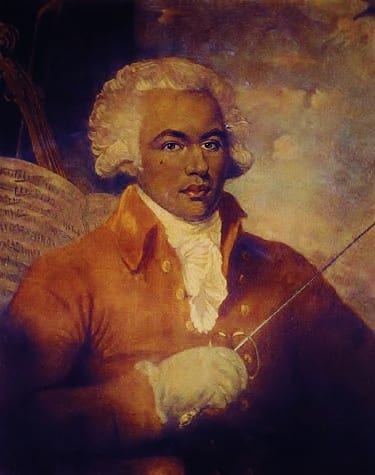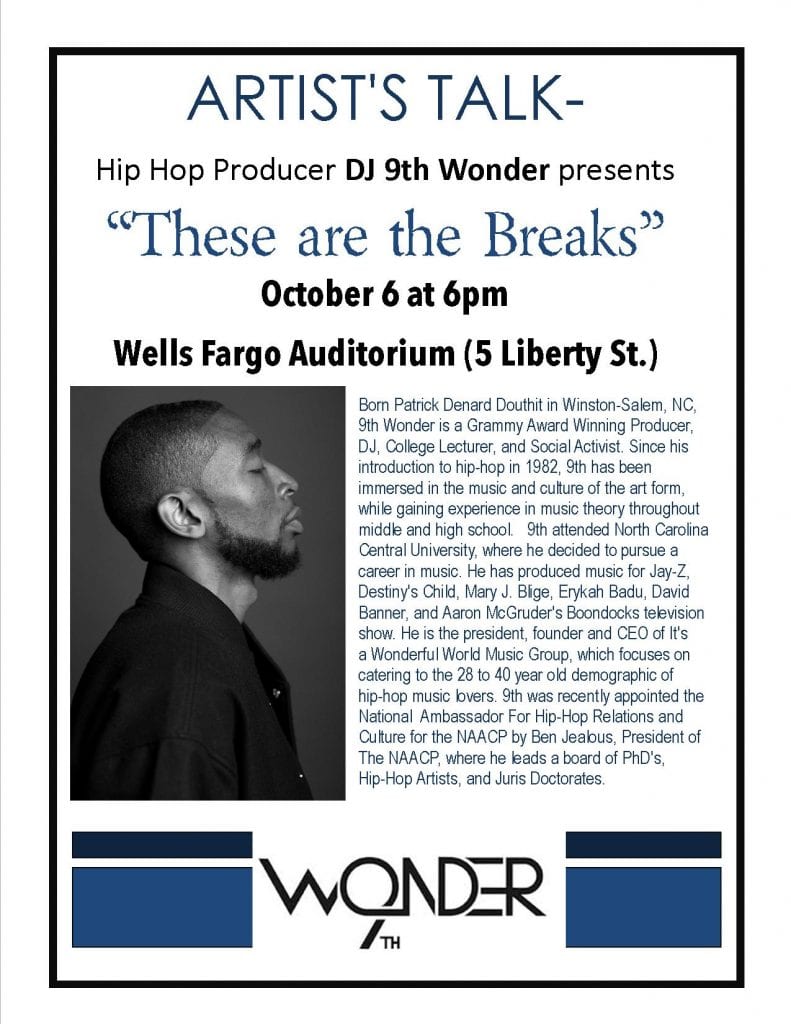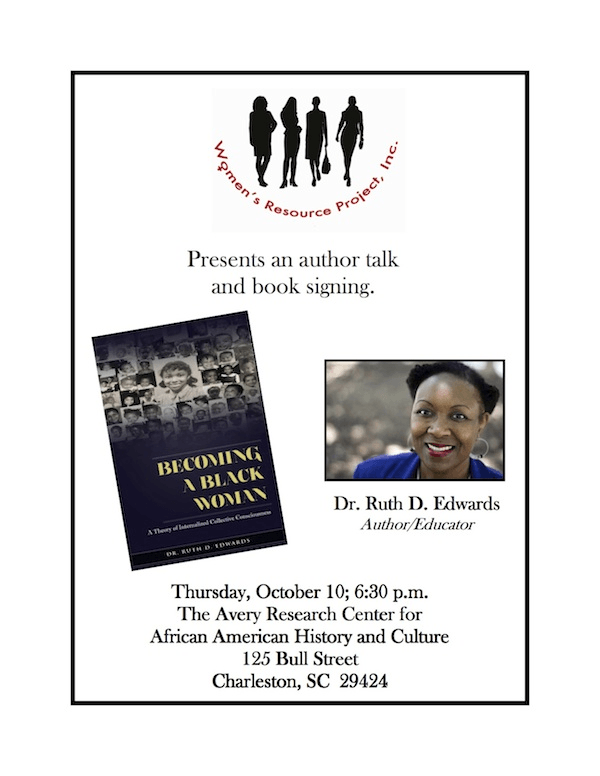There’s something going on in Ukraine right now, and it also involves Russia, the U.S., our North Atlantic Treaty Organization (NATO) allies and the European Union (EU). In other words, it’s a complicated situation fueled by numerous political motivations and hinged on delicate post-Cold-War relationships between many European and Eurasian nations.
Adjunct Professor of Political Science and International Studies and Eastern European scholar Max Kovalov has boiled down the five things College students need to know now about the Ukraine-Russia conflict.

Max Kovalov, Adjunct Professor of Political Science and International Studies and Eastern European scholar
1. A little background
Ukraine was part of the Soviet Union until it disbanded in 1991. Ukraine borders Russia and was recently given a choice to sign a free-trade agreement with the EU or to join the Eurasian Customs Union with Russia, Belarus, and Kazakhstan when it is established (projected by 2015).
When Ukrainian President Viktor Yanukovych announced his plans not to sign the free-trade agreement with the EU in November, the Ukrainian people took to Independence Square (known as the Maidan) in Kiev to protest and demand Yanukovych reverse the decision. Russia offered Ukraine a $15 billion bailout in December to incentivize the Eurasian Customs Union deal.
[Related: CNN’s 20 questions: what’s behind Ukraine’s political crisis.]
2. The revolution
Yanukovych did not reverse his decision to agree to the Eurasian Custom Union trade deal. His actions denied the millions of Ukrainians who “seek to establish a new system of governance based on democratic rules that ensure political rights, civil liberties, and accountability of public officials,” Kovalov said.
After months of protests, Yanukovych fled Kiev and ultimately Ukraine for Russia in late February. The Ukrainian parliament has put out an arrest warrant for the former president on counts of “mass killings” of civilians, and declared a new interim government since Yanukovych fled.
3. The fight for Crimea
Until March, Crimean peninsula was universally considered an autonomous territory of Ukraine. It was a Russian territory from the 18th century until 1954, when Soviet Union Leader Nikita Khrushchev gave it to Ukraine to commemorate the 300-year anniversary of Russian-Ukrainian unity. Despite being part of Ukraine, Crimea is home to a large Russian population.
Crimea held a referendum March 16, 2014, during which its residents voted on whether to remain a part of Ukraine, yet with greater autonomy or to secede and join Russia. While much of the world claims this referendum is illegal, Russia has moved forward with plans to annex Crimea. “Russia is the only state that officially recognized Crimean secession from Ukraine,” Kovalov said.
4. What does the West think?
The EU and the U.S. have sanctioned dozens of Russian politicians as a means of convincing Russia to abort its plans for Crimean annexation. Russia has not given any indication that it will abandon those efforts.
The U.S and the EU hope to avoid continued political upheaval in Europe. The Western world contends that Russia “violated a series of international treaties and re-opened the question of territorial integrity, potentially resulting in instability, ethnic conflicts, and full-scale war in Europe,” Kovalov said.
The U.S. and the EU hope to aid the Ukrainian people as they work to build a democratic government. “The west has a moral responsibility to assist the democratic aspirations of Ukraine,” Kovalov said.
5. What will happen next?
President Obama has already added sanctions to include more politically influential Russian officials and he warned that if Russia continues to annex Crimea he will “impose additional costs on Russia,” according to his statement on March 20, 2014. Those additional costs will likely include added pressure on major Russian industries including energy exports.
The U.S. expects the EU to enact the same sanctions and warn of similar sanctions in the future.







